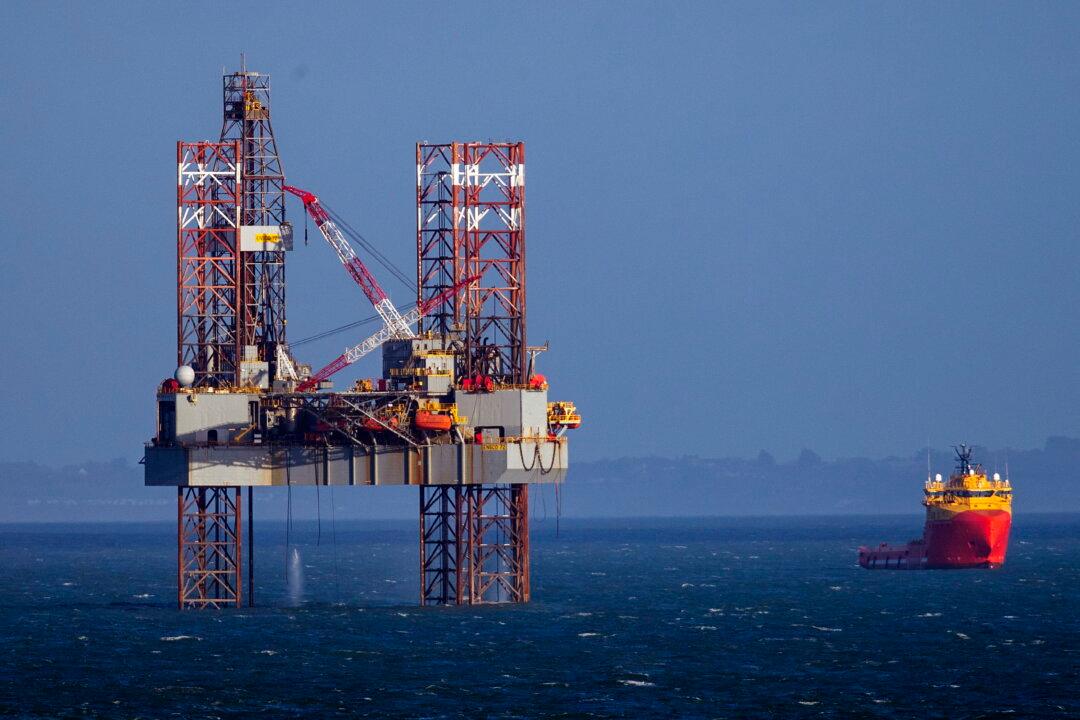A new licensing round for oil and gas exploration in the North Sea will be launched at 6 p.m. on Friday, the UK’s oil and gas regulator said.
The plan was initially announced in April as part of the government’s energy security strategy amid high prices and Russia’s invasion of Ukraine.





